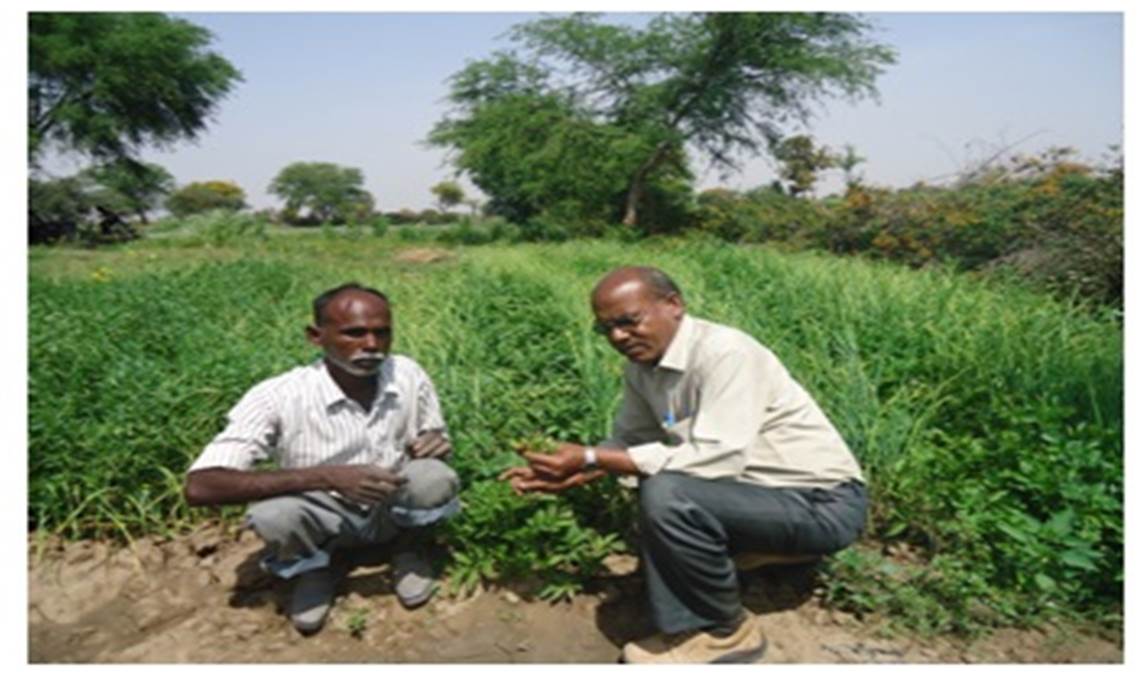|
Securing Food and Nutrition for All, A mongst the many important goals that India must now pursue, perhaps none is of higher priority than ensuring secure access to food for every one of its citizens, now and for the future. Given the growing threats of climate change, biodiversity loss and massive desertification along with the ever increasing population, the hungergap could rapidly get worse in the coming decades unless we change direction on many fronts.
Issues of Economic Viability - The first commitment of the society has to be to the efficiency, prioritisation and scaling up of food production, which means that the mix of the factors of production i.e. land, labour, capital, energy, water and others such as knowledge, technology, infrastructure and market linkages in the agricultural practices has to be optimised for each social, economic, resource and geo-climatic context. This also applies to the mix of crops produced. Given the changes occurring in the climate, ecosystem productivity, resource prices and transportation costs; the issues of trade and comparative advantage also have to be examined anew. Issues of Social Equity - The second issue is the commitment society must make to universality, fairness and social justice. It assumes that adequate food and nourishment is the right of every citizen - urban or rural, rich or poor, powerful or marginalised. It also means that farmers - marginal, small and large, receive a fair price for their produce and are not misled, nor pressured to produce food crops or use practices that may compromise their land productivity and production decisions in the medium and long term. This issue focuses on the much needed participatory approach for sustainable policy development, in order to have truly bottom-up decision making processes for designing, developing and implementing coherent policies. Issues of a Healthy Environment The third commitment is to inter-generational equity and the responsibility we have for our legacy to the future. Environmental health means that the productivity of the land and soil is maximised and pollution, contamination and erosion are minimised. Policies are often made with an eye on vote banks and pacifying or benefiting certain constituencies whether it is the poor masses or the industry. Longer term sustainability benefits will need to be linked with or factored in the politics of policy making. Instead of setting production targets that satisfy the needs of policy makers and money-masters, while leaving common people hungry, we should instead focus on policies that target ‘Zero Poverty’ or ‘Zero Hunger’, which are easily measurable, visibly verifiable and as Brazil has shown in the past decade, eminently achievable. We may conclude that identifying policy issues related to the three fundamental pillars of sustainability - equity, environment and economy - whether they are intra-sectoral within the food security domain or extra-sectoral- must be carefully made explicit to enable a meaningful public debate. q Endnote Dr. Ashok Khosla
|